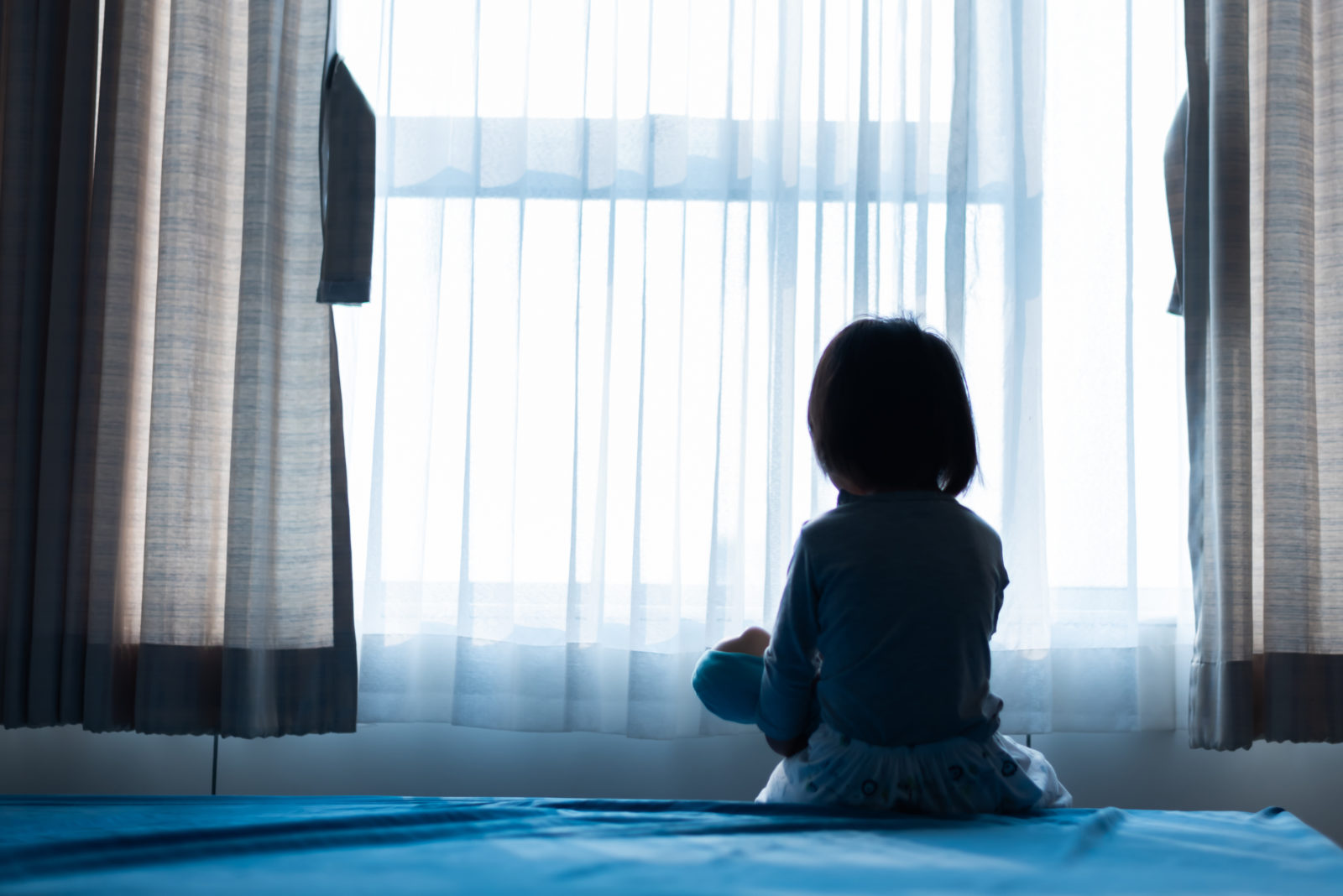Parents have spoken about the damaging and disruptive impact physical punishment can have on children as a new law outlawing the practice is due to come into force in less than two months’ time.
As one parent said: “I’ve always found you get further with sugar than you do with salt.”
The new law – the Children (Abolition of Defence of Reasonable Punishment) (Wales) Act 2020 – comes into force on 21 March 2022.
It will effectively outlaw physical punishment of children by parents and guardians by removing the outdated legal defence of “reasonable punishment”.
Nadia and Sy Joshua from the Vale of Glamorgan have two young girls, aged nine and six, who are home-schooled. Both have a background in youth and social work and have seen first-hand the potentially disruptive long-term impact physical punishment has on children, parents and carers.
Sy said: “I come from a West Indian background and a culture where physical punishment was often used in the home. The older generations would favour physical punishment – spare the rod; spoil the child.
“I’ve always found you get further with sugar than you do with salt. The idea of using my physicality, my size, my masculinity to intimidate someone who is smaller into bending them to my will and even going further and putting my hands on them is something I find disgusting personally.”
Nadia added: “When we make the decisions we make, with regards to our parenting, I think of my children as future adults and parents. How does what I say today influence them for the future and what they will say to their children?”
Sy continued: “In my work, I would see links between parenting actions and outcomes for children by say, parents grabbing and hair pulling but also using threats, strong language and shouting at children. You would see the pattern, the response and where the root of the problems lay. This behaviour would often escalate out of control quite quickly.
“All behaviours are a form of communication. In the youth offending service I would often see how younger children were dominated by their parents, but as soon as they got a bit older, they developed a physicality and would attack their parents. Physical violence was the norm, but the tables had been turned against the parents. I guess this new law will at least be an attempt to break the cycle once and for all.”
Lucy Haines is a family support worker at Newport Council. She has been working with families who need some extra support with parenting for 11 years.
Lucy said: “When I talk with parents, we discuss the emotional impact physical punishment has on a child and the very real consequences of their behaviour if they continue to use physical punishment on their children.
“The futility of physical punishment is a message I always try to promote. If you smack your child, you are making it ok to smack a child. What gain are you getting from this? What gain is the child getting from this? That child may be sorry for a few minutes, but actually there is no discipline associated with the behaviour.
“The change in law should help to improve parents’ understanding of what is acceptable and what is not when it comes to disciplining their children. I’m a big fan of praise and reward charts. Changing tack from punishment to a reward. Sometimes parents are so busy they simply don’t praise their children and don’t recognise the power of praise.
“If the parents are motivated and consistent with it, on average within two weeks I have seen positive changes. This can then motivate the family to try other things. I always tell them the first two weeks are the hardest as changes are being made. The child is going to rebel against the changes, but once you get over that two-week period things start to settle down and improve.
NSPCC Wales’ policy and public affairs manager Vivienne Laing said, “We have long campaigned for this common-sense move, which will better protect children from harm and trauma that could last well into adulthood.
“It’s so important we all promote non-violent parenting, but that doesn’t mean parents cannot set clear boundaries when guiding their children and managing their behaviour.
“Consistent praise and rewarding the behaviour they want to see is a good way for parents to implement discipline without using violence and will in turn help children make sense of clear boundaries.”









Leave a Reply
View Comments